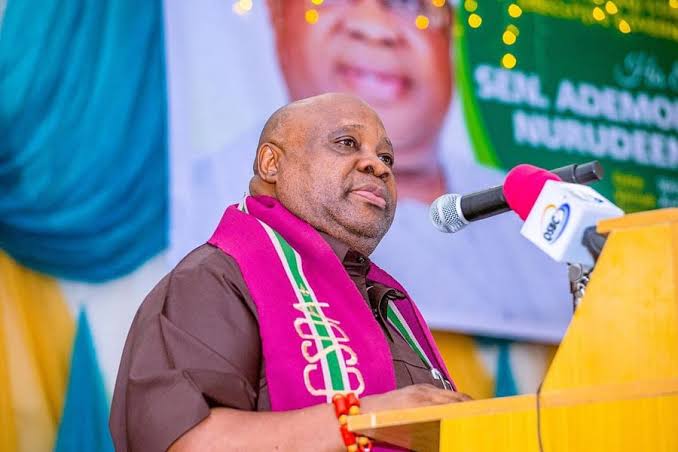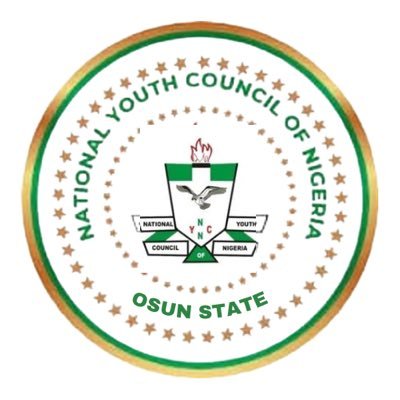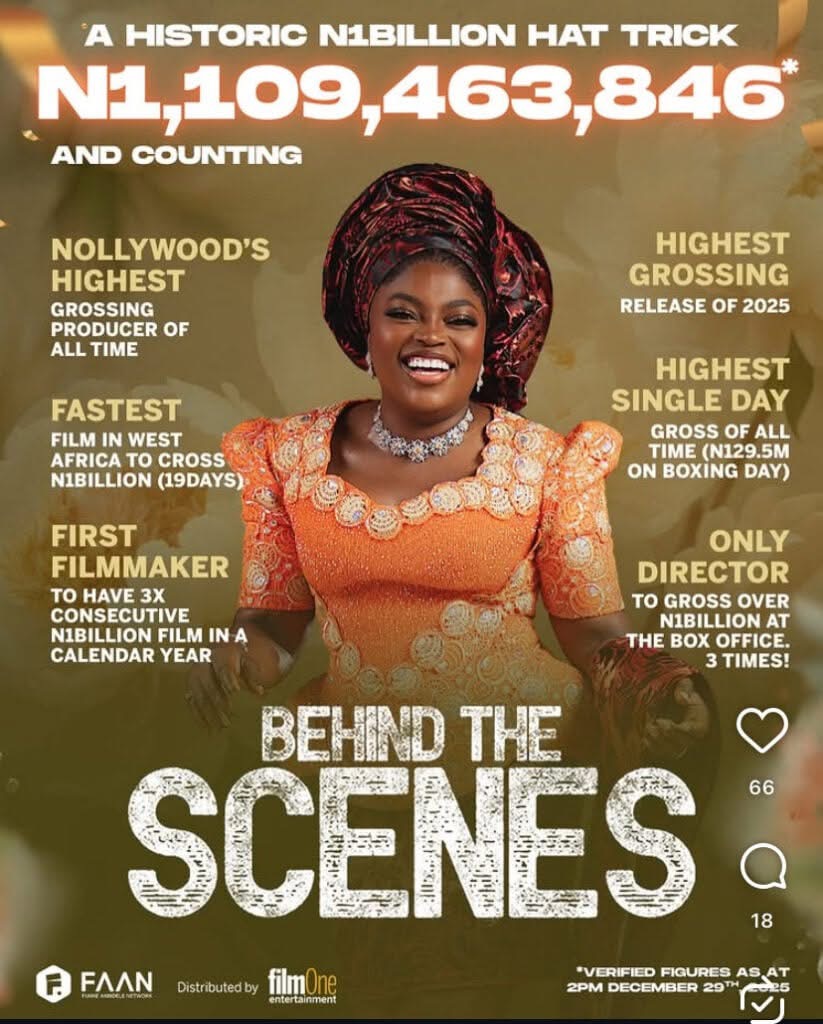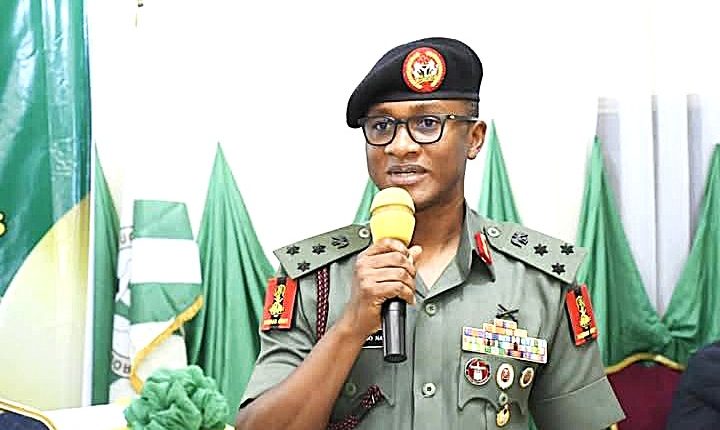The Presidency at the weekend faulted as lies, the comments of Bishop of the Catholic Diocese of Sokoto, Bishop Matthew Kukah, on the security situation in the country and nature of appointments by President Muhammadu Buhari.
It said that it was regrettable that “people like Kukah are doing their best to sow discord and strife among Nigerians” at a time the nation needed peace the most.
The Presidency asserted that the 1999 Constitution has no provision instructing that ethnic or religious consideration should be the yardsticks for appointments into public office.
Kukah had in a virtual presentation to a United States Congress Commission, a few days ago, said that the Buhari administration had woefully failed to address the security crisis in the country. He added Christians in the country were the targets of the security crisis.
But, the Presidency, in a statement by the President’s Senior Special Assistant on Media and Publicity, Mallam Garba Shehu, said “it takes a warped frame of mind for a critic to believe that ethnicity and religion” play a role in the challenges facing the country.
On the claim that the Buhari administration was favouring a particular ethnic group and Islam against other faiths, Shehu argued that such would not be possible under a setting where the Vice-President is of a different ethnic group and faith from the President.
He also faulted claims that attacks on schools in parts of the country were targeted against schools that are predominantly Christian.
The presidential aide said: “There is no bias in this government when the President is Northern Muslim, the vice-president, a Southern Christian, and the cabinet equally balanced between the two religions.
“But, neither is there anything in our Constitution to state that political posts must be apportioned according to ethnicity or faith. It takes a warped frame of mind for a critic to believe ethnicity is of primary importance in public appointments. It is yet more troubling to hear a Churchman isolating one group for criticism purely on ethnic lines.
“With due respect to the esteemed position he holds, the Bishop’s assertion that only Christian schools are being targeted by bandits or terrorists is not supported by the facts on the ground. It is sad to say but also true that victims of crime, kidnapping, banditry and terrorism cut across all strata of society.
“Sad but true that Kankara students in Katsina State were stolen by bandits of the same Islamic faith as those they took away. The same may be true of those who are still holding the 134 students of the Islamic School at Tegina in Niger State.
“The nation witnessed the sad incident of the female students abducted by bandits at Jangebe in Zamfara State and the over 100 predominantly Muslim students of the Federal Government Girls College Birnin Yauri in Kebbi State who are currently in captivity- and the nation’s security agencies are hard at work to release them unharmed.
“The attack on Christian students is sad and unacceptable; so also is the abduction of students of other faiths. The claim that only Christian schools are being targeted is totally untrue.
“There is no place in mainstream civil discourse for those who actively, negatively, and publicly label an individual ethnic group, especially before a foreign audience. These are not the views expressed or opinions held by the vast majority of the citizens of Nigeria.
“For all our challenges as a nation, nearly all of us seek to live together in harmony, celebrating differences, and finding common ground as Nigerians above all. But people like Kukah are doing their best to sow discord and strife among Nigerians.
While describing as disturbing the Clergyman’s criticism of the rail line extension to Maradi in Niger Republic, the Presidency accused Kukah of copying “unimaginative opposition” politicians in his attacks on President Buhari.
He added: “It is unfortunate, and disappointing, for citizens of Nigeria to bear witness to one of their Churchmen castigating their country in front of representatives of a foreign parliament.
“We are all too familiar with these overseas political tours that opposition politicians take – visiting foreign leaders and legislators in the United States, United Kingdom, and Europe. So, the argument goes, if they are heard seriously abroad, then Nigerian citizens back home should surely listen to them too.
“But in order to be heard at all, and to maximise media coverage back home for their activities, inevitably these visits involve painting the worst possible picture of our country before their chosen foreign audience.
“Only this government has put forward the first and singular plan in nearly a century to address herder-farmer challenges – a fact recognised by international NGOs, including the International Crisis Group. To declare to a foreign audience that this government does nothing is an incredible falsehood.
“To suggest that investment in infrastructure between Nigeria and Niger is wasteful and biased – when a similar infrastructure project between Lagos and Benin has revolutionised the two neighbouring economies to the advantage of both our countries – is quite disturbing.”(The Nation)
Advertisement





